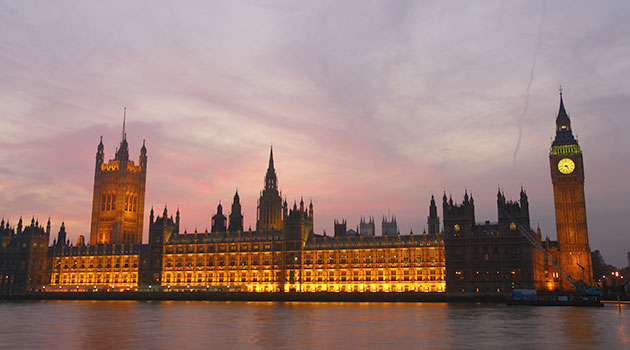Well, that was fast.
It hasn’t yet been a month since Uber’s board installed its new CEO, Dara Khosrowshahi, and already the fledgling chief has been forced to deal with a fresh scandal—and show the world how he plans on running the controversy-courting company.
As it turns out, it may be vastly different than the brash, bold Uber approach of old.
The Silicon Valley heavyweight ran into trouble in London last week, with the British city—an extraordinarily lucrative market for the company—revoking Uber’s license to operate. Official agency Transport for London (TfL) declared the rideshare giant “not fit” to operate in the capital, due to “public safety and security implications.”
Specifically, TfL officials took issue with the way the company carried out background checks on its drivers and was slow to report any potentially serious criminal offenses, like sexual harassment allegations lodged against it.
Such claims are not unique to Uber’s London branch, but Khosrowshahi’s approach to the issue was a novel one for the company: in an open letter to the citizens of London, he apologized for any role in the problems.
“It’s . . . true that we’ve got things wrong along the way,” the letter reads. “On behalf of everyone at Uber globally, I apologize for the mistakes we’ve made. We will appeal the decision on behalf of millions of Londoners, but we do so with the knowledge that we must also change.”
In the past, the headstrong company seemed to delight in a good fight, with bullish former CEO Travis Kalanick going to the mat with the city of San Francisco, the state of California, and the New York Taxi Workers Alliance, among a spate of others. (In the California case, the entire dispute hinged on a $150 permit, which Uber flatly refused to purchase for several months.)
Whether Khosrowshahi’s softer approach succeeds remains to be seen.
Uber’s London license is set to expire September 30, though the company can continue operating there until the appeals process is exhausted, which will likely take several months.
And a lot hinges on that outcome. London is a crown jewel in Uber’s global empire, with 3.5 million users, nearly 40,000 drivers, and skyrocketing profits for the company. In 2015 alone—the last year for which data is available—Uber’s London revenue more than doubled, raking in £23.3 million (about $31.6 million).
With the rideshare giant currently burning through more than $2 billion per year, and a looming lawsuit against arch-rival Waymo threatening to take another $2.6 billion in damages from the company, those profits could offer a crucial lifeline in the future. Failing to right the London situation could truly be a lesson in humility for Uber—but at least its new CEO seems receptive to the concept.
